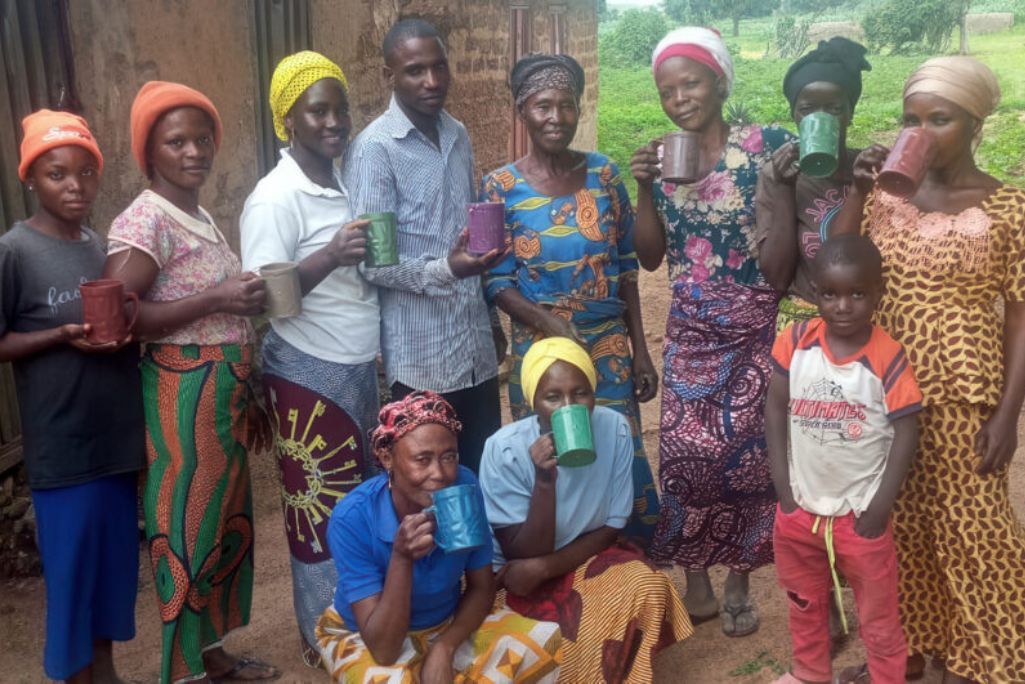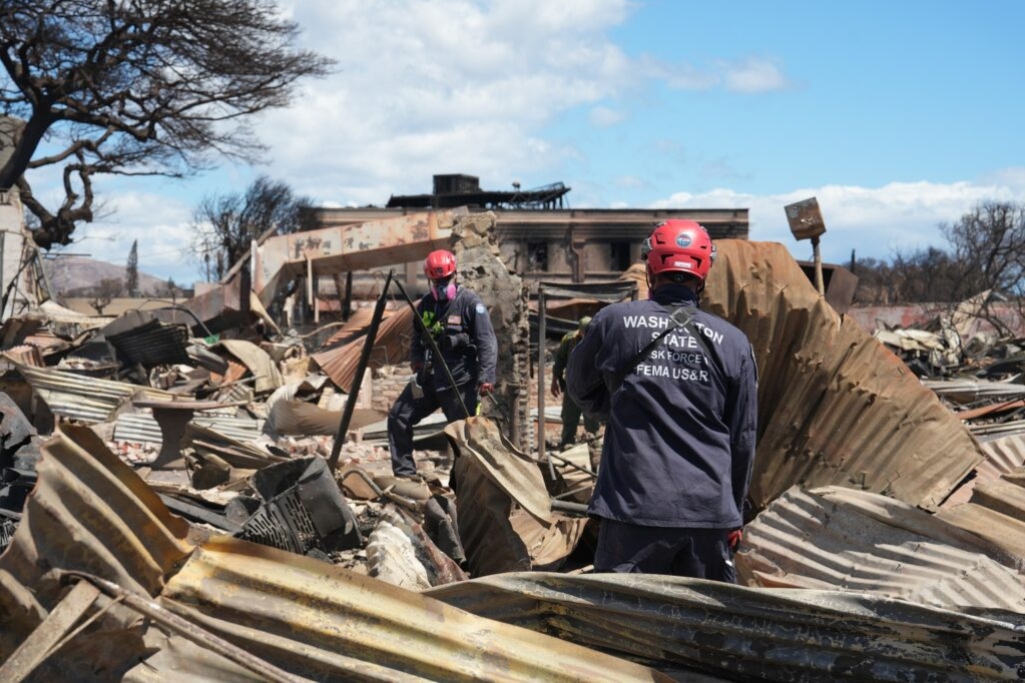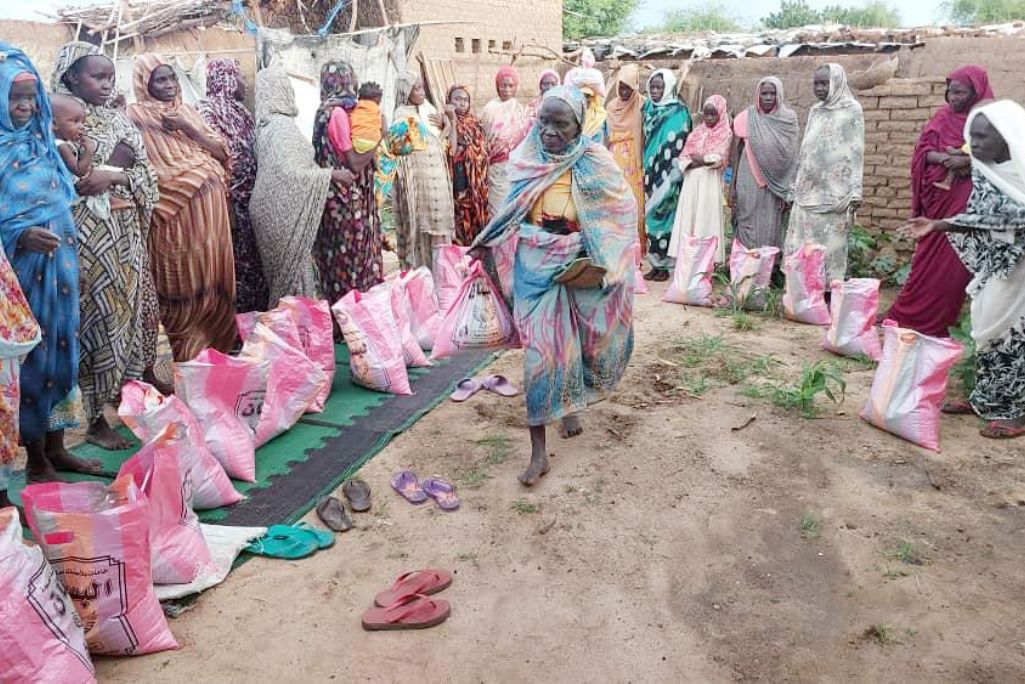
Residents of a Nigerian village drink soybean milk. This is the result of a soybean project at a Nigerian theology college that enhanced food intake and changed lives.
In rural Nigeria, Southern Baptists partnered with Nigerians to introduce a groundbreaking initiative that would improve food consumption and transform communities. Access to wholesome food is limited in the region, so the project sought to address the nutritional challenge that has been stunting the growth and development of many children.
The project, supported by Send Relief, aimed to empower women with the knowledge and skills to improve their families’ diets and generate income. At the heart of it was soybeans, a rich source of plant-based protein, carbs and fat.
International Mission Board (IMB) missionary Angel Oswood said this soybean project, which began in 2020, was started by Nigerian women who were instructors in the women’s training department at a Nigerian theology college. As pastors came for training at the college, their wives attended classes as well.
“Some of them can’t read when they come in,” said Oswood, who is a member of the college’s training department for women. “We teach them how to read, and then the ones who can read enroll in a two-year women’s program.”
Oswood said instructors noticed the children coming to the classes with their mothers were “malnourished and sickly,” so they provided soy milk.
“The children could get more nutrients from drinking soy milk, and that’s how the project started,” Oswood said. “Of course, we didn’t have any money to buy the soybeans, so that’s where Send Relief came in to help us get the project started, and they’ve been continuing to help us.”
Send Relief also provided funding to build a kitchen not only for the soybean project but also for students and their families to make meals.
“The students didn’t have any place to cook,” Oswood said. “They’ve been cooking on rocks outside.”
Very little shade is offered, so training was done outside in the heat, which Oswood described as miserable conditions. The new kitchen offers better arrangements for food preparation and a little relief from the sun.
As the women learned and practiced together, they discovered the project was not just about food; it was about community transformation and sharing the gospel. Each graduate received 22 pounds of soybeans to take back to their villages, jumpstarting a journey toward healthier eating habits. The ripple effect was immediate, as the women shared their knowledge and resources with others.
Financial benefits also came from the soybean project. One woman sold enough beans to pay for her husband’s school fees.
The soybean project provided the opportunity to bridge the divide between communities often burdened with religious tensions. As Send Relief reported, Muslim women are attending the soybean trainings and friendships are forming.
Oswood said a pastor gave a testimony about two Muslim women who came to a village training and heard the gospel. The pastor requested prayer for their husbands to allow the women to continue to connect with the Christians leading the training.
“It takes time to develop those relationships, but this opportunity through soybean education makes it more comfortable for these women to share with Muslim women,” Oswood said.
The impact of the soybean project has reached remarkable levels. An estimated 6,700 people have been touched by the project, with 600 people hearing the gospel and two Bible study groups started. The project has also strengthened the network of local churches, with 67 involved, and empowered 418 people with training in areas like agriculture and healthcare.
As Send Relief looks to the future, the goal is to equip even more women with the knowledge and resources to transform their families’ lives and share the gospel with unreached people groups. Graduates of the soybean project are encouraged to use their harvests to plant future crops and continue the training independently in their villages.
According to Send Relief, “The numbers translate to real change. Children are healthier, families are stronger, and communities are coming together.”


